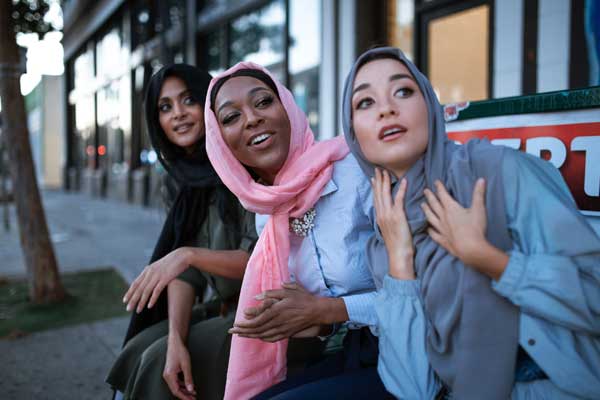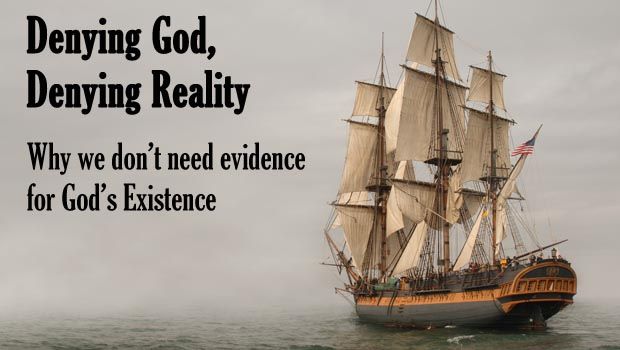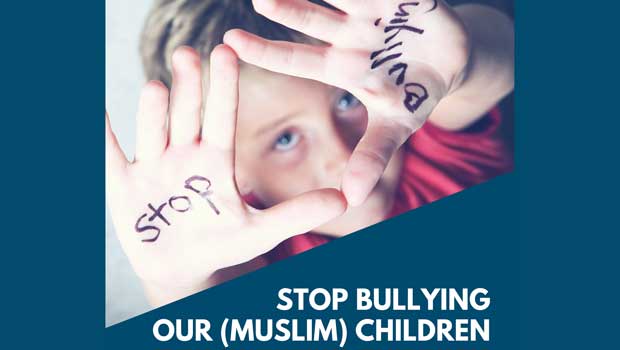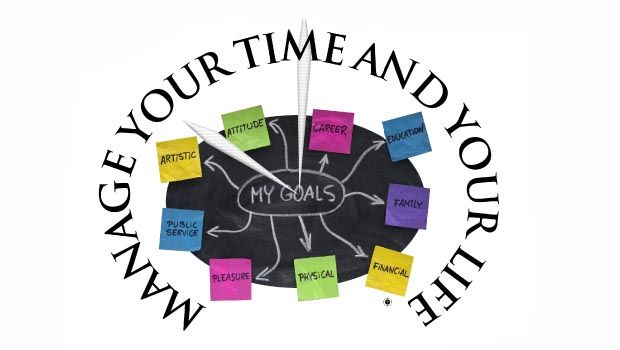The interview below is with Nailah Dean, a lawyer, writer, and creator behind the “Isms Project” (https://www.nailahdean.com/the-isms-project-nd), a photo series and narrative description that addresses the sexism, racism, colorism, and ageism which act as obstacles to Muslim women finding a prospective spouse. Using single Muslim women who are subject to these various “isms,” Dean hopes to “humanize” the issues and “illustrate some of the barriers to marriage.” I spoke to Sr. Nailah over Zoom to better understand the project and her concerns for the future of Muslim marriage in America.
(Editor’s note: The following transcript of the interview has been lightly edited for length and readability.)
Q: What do you think are the solutions to the problems of racism, sexism, ageism, and any other “ism” that makes it difficult for Muslim women in America to find a suitable spouse?
A: In terms of solutions, I would definitely hope that the “isms” campaign creates more conversation and having these hard conversations amongst family members and between the generations, hopefully people would be able to recognize how wrong the prejudices are and start to open up their mental brackets and eliminate some of the “preferences” when they are searching for a spouse. I’ve already had men contact me during the past year, because I’ve been writing about these issues, and they write something like, “Thank you for sharing about the Black, Muslim female experience, I didn’t know what that was like…I’m going to think twice when I set my preferences to only one ethnicity going forward.”
As to the issue of ageism, striking up these conversations can motivate men to think about their choices. They might ask themselves, “Why do I prefer someone ten years younger than me? Why don’t I look in my own age bracket? Is it really because I’m focused on increasing my chances for having children or is it because I want to have someone who’s more malleable?” Those kinds of conversations have been coming up in the comments sections of the various posts on these issues. That’s what I hope to encourage — those types of conversations to challenge people to examine their current ideas and attitudes.
Q: What about in terms of a nationwide campaign, is there something that you’re doing on a larger scale?
A: I would like to bring more awareness to the issues so that our local as well as regional and national leaders can use their platforms to speak on these issues and do so based on their Islamic knowledge and credibility. I’ve heard about the effects of parents limiting the choice of spouse for their son or daughter to one ethnicity or another and how damaging that is. So, when they talk about that in khutbas, I think that’s really effective, coming as it is from leadership. Hopefully they will also increase pre-marital workshops so that people know what the Islamic guidelines are for choosing a spouse. That would be really good. It’s definitely a challenge to get folks to pay attention to these kinds of things. That’s my goal at least.
Q: Do you think that polygamy is a possible solution for some of the women?
A: It can be for some people based on the individual, if that’s what someone wants. I hear that from some men as the solution for women over thirty who cannot find a spouse, but I don’t think that’s the only solution. I think that men can definitely consider women in their own age bracket, especially if they, themselves, are in their late thirties. There’s no reason for them to set their preferences for twenties only. We know that Khadijah (r) was much older than the Prophet when they married. I think the solution is for men not to be so limiting about age preference. Amongst matchmakers, they say that often a guy in his thirties wants a wife ten years younger. Even a man in his forties or fifties wants someone much younger than himself. I understand the fertility concerns but, once again, when Muslims are only one percent of the population in America, the older men, when they so often want someone quite a bit younger, that’s messing up the men in their twenties who want to get married. The younger men are ready, they have established themselves right after college, but they’re competing with older guys who are much more established in their careers and therefore financially set, and that is competition for the younger men, too often causing delays in their being able to marry. So, the age thing really messes people up on multiple levels.
Q: You mention that some men are intimidated by successful women, by career women. Can you elaborate more on that?
A: Some of the guys see a woman with a college degree or an established career and associate that, not just with being too busy to be a wife, that’s one issue that’s on their mind, but they also think of it as she’s going to be more opinionated and more difficult to handle. It’s that control issue that’s really at play here. These judgments are even before they start talking with the woman, just in the selection process, they make conclusions about these women. Maybe they had one bad experience but then after that they rule out women with advanced degrees or successful careers. There was one person I interacted with to try and matchmake with my friend, who’s a lawyer. He saw her picture and was interested, but once he found out her profession, he said “Nope, she’s too educated and too busy.” He added, “I don’t do lawyers and doctors.”
The “too educated” part, that’s really offensive. We fought for a long time to be educated and then to find that this achievement stands as an obstacle to marriage — it’s really disheartening. I have several friends from Arab and South Asian households where the parents encourage the daughters to be high achieving. Then when it is time for their sons to marry, they encourage them to marry someone that’s going to prioritize being at home. It doesn’t align that you want your son to marry one type of woman who maybe isn’t as educated or advanced with her goals. Yet that same household, they’re pushing their daughters to become doctors or engineers and all of that. It doesn’t make sense how that’s going to work out. It’s two different expectations.
Q: Are there any other things you would like Muslims, individuals and communities, to know?
A: I just want people to hear the concerns of women. It’s very interesting how some don’t want to pay attention to women who are talking about problems they’re facing as they seek to find spouses. These people want to label the women as feminists or that they believe in ideas that don’t align with Islam. But Islam teaches that each individual should be seen for their character and their faith. Islam condemns the “isms,” that is, any stereotypical or discriminatory way of looking at people. There’s nothing wrong with women talking about the difficulties they face in seeking to marry. That’s one thing that I think is interesting, that some Muslims think it is taboo to talk about these issues and challenges, especially in public. But these are big challenges. Making a distinction against a woman as to her marriageability on the basis of her race or age or skin color, for example, is narrowminded. These attributes are natural and God-given. Such preconceived and damaging constraints on choosing a wife can only be addressed by acknowledging the issue exists and discussing ways to overcome it.





